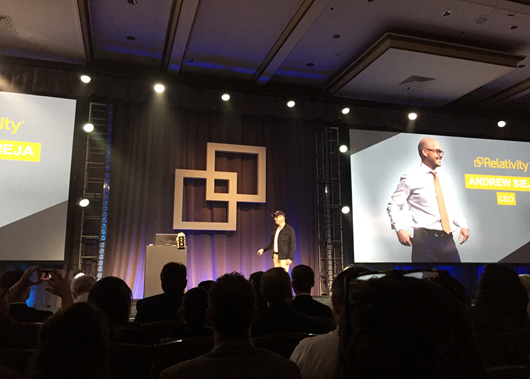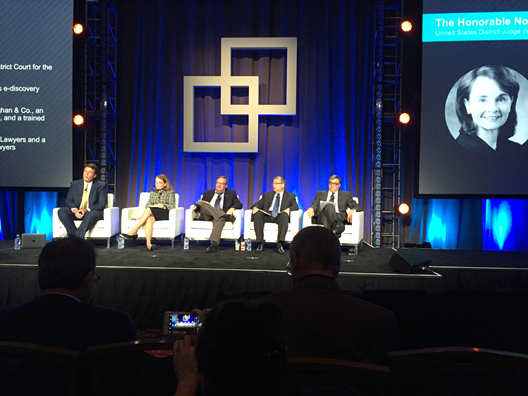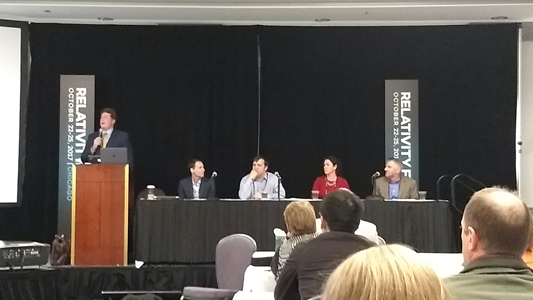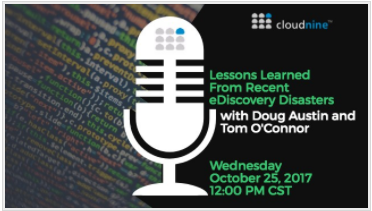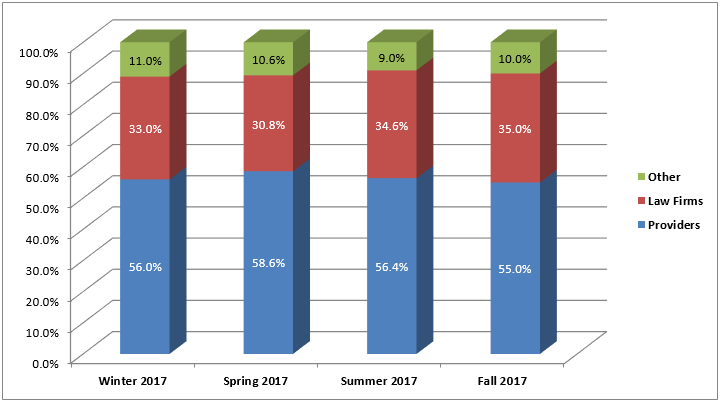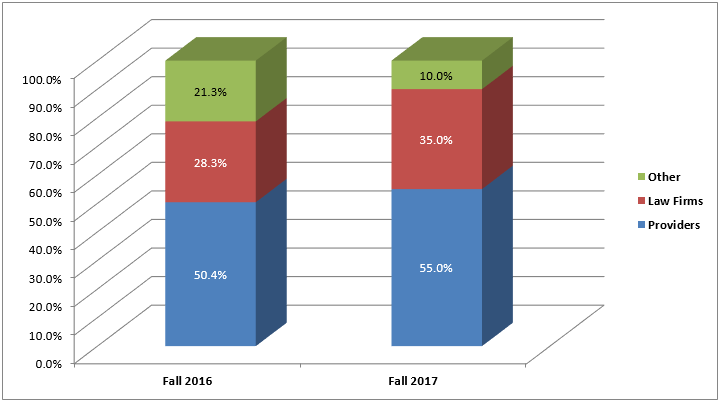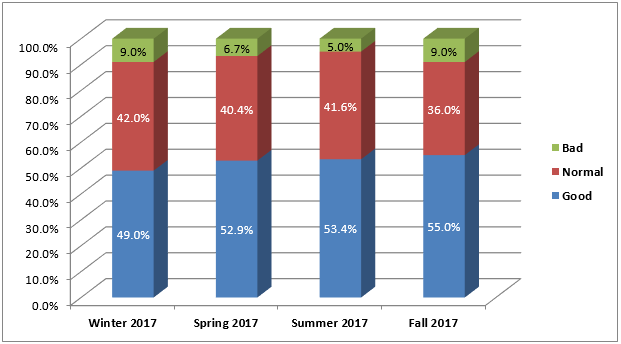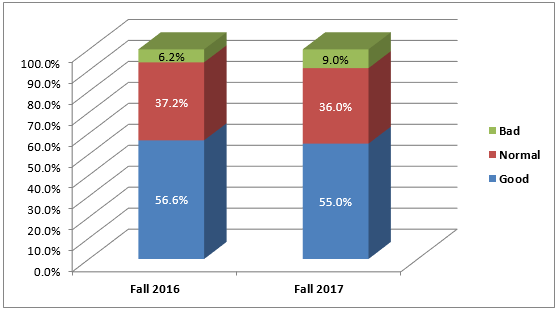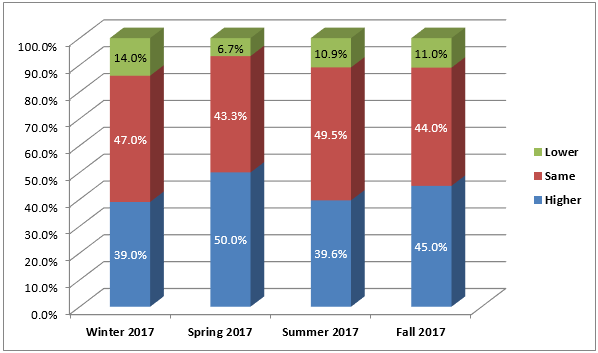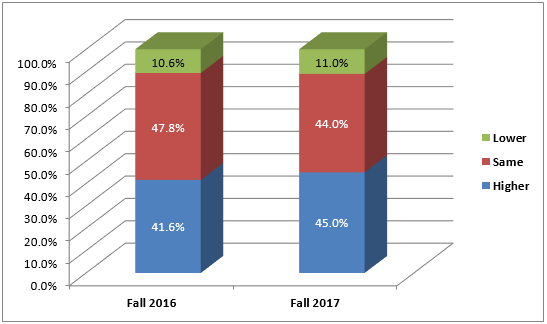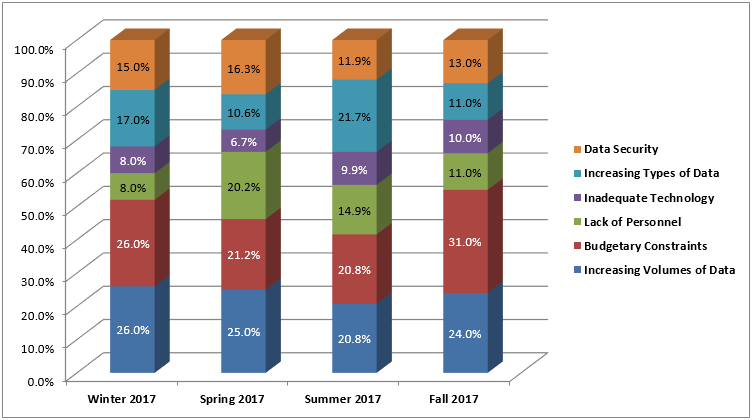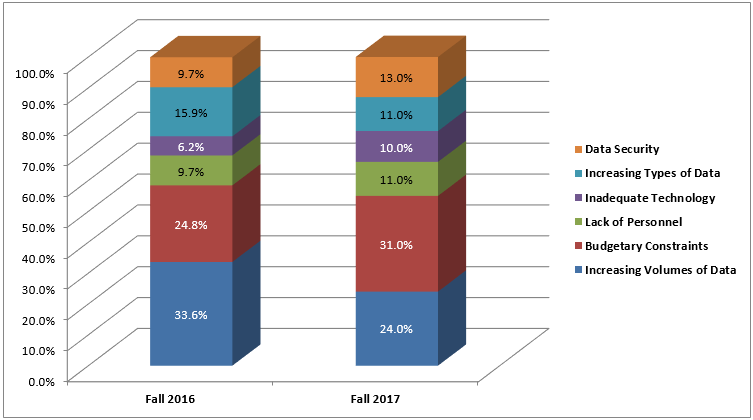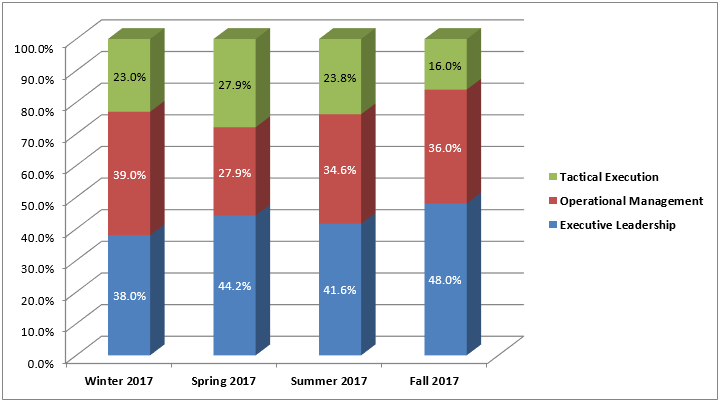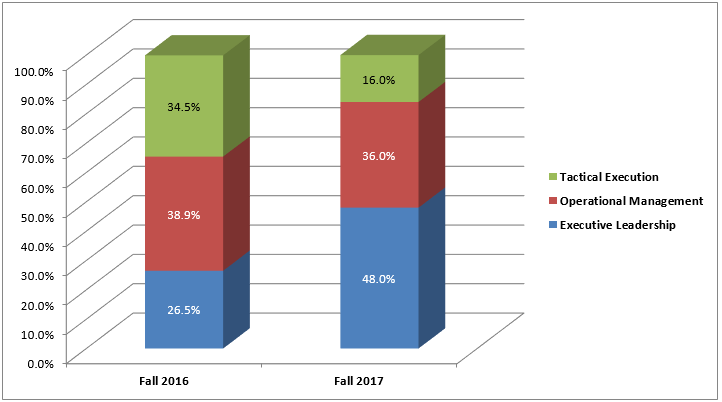IT Will Scare You – eDiscovery Horrors!
Today is Halloween! Hard to believe, but for eight years now, we have identified stories to try to “scare” you with tales of eDiscovery and cybersecurity horrors because we are, after all, an eDiscovery blog. Let’s see how we do this year. Will IT scare you?
Evidently, until just a few days ago, this firm failed to acknowledge a data breach that occurred last year (involving some of Britain’s wealthiest people) until international journalists had a chance to see the leaked information.
What about this?
More rich people compromised. When you’re a lawyer and you find out that you’ve inadvertently produced client confidential information in litigation, it’s a bad day. When you find out that confidential information is personal information on thousands of the wealthiest investors in your client’s portfolio, it’s an even worse day. And, when you find out that disclosure is being covered by The New York Times, it’s a lawyer’s worst nightmare.
Or this?
Did you know that everything you’ve learned about how to create secure passwords for the past few years is wrong?
How about this?
You probably think that using three different evidence wiping programs before turning over a laptop for inspection will certainly lead to sanctions for spoliation. Not necessarily.
Or maybe this?
Think data breaches are expensive? Try this one. A major data breach cost this health insurance provider over $100 million to settle the class-action lawsuit against it.
Have you considered this?
On this Halloween, a real tale of murder (no joke) and how the victim’s Fitbit may have blown her husband’s story of what happened apart. Then again, maybe it’s not so surprising, considering how much data each of us generates every minute.
Finally, how about this?
If you want to fire a whistleblower and then put together a bad performance review of him afterward, it could cost you $10.8 million.
Scary, huh? If the possibility of expensive data breaches, embarrassing inadvertent disclosures and more data being tracked about you than ever scares you, then the folks at eDiscovery Daily will do our best to provide useful information and best practices to enable you to relax and sleep soundly, even on Halloween!
Of course, if you seriously want to get into the spirit of Halloween and be scared, check out this video about some clown in the IT department. This will really terrify you!
What do you think? Is there a particular eDiscovery issue that scares you? Please share your comments and let us know if you’d like more information on a particular topic.
Happy Halloween! And, Go Astros!

Disclaimer: The views represented herein are exclusively the views of the author, and do not necessarily represent the views held by CloudNine. eDiscovery Daily is made available by CloudNine solely for educational purposes to provide general information about general eDiscovery principles and not to provide specific legal advice applicable to any particular circumstance. eDiscovery Daily should not be used as a substitute for competent legal advice from a lawyer you have retained and who has agreed to represent you.




